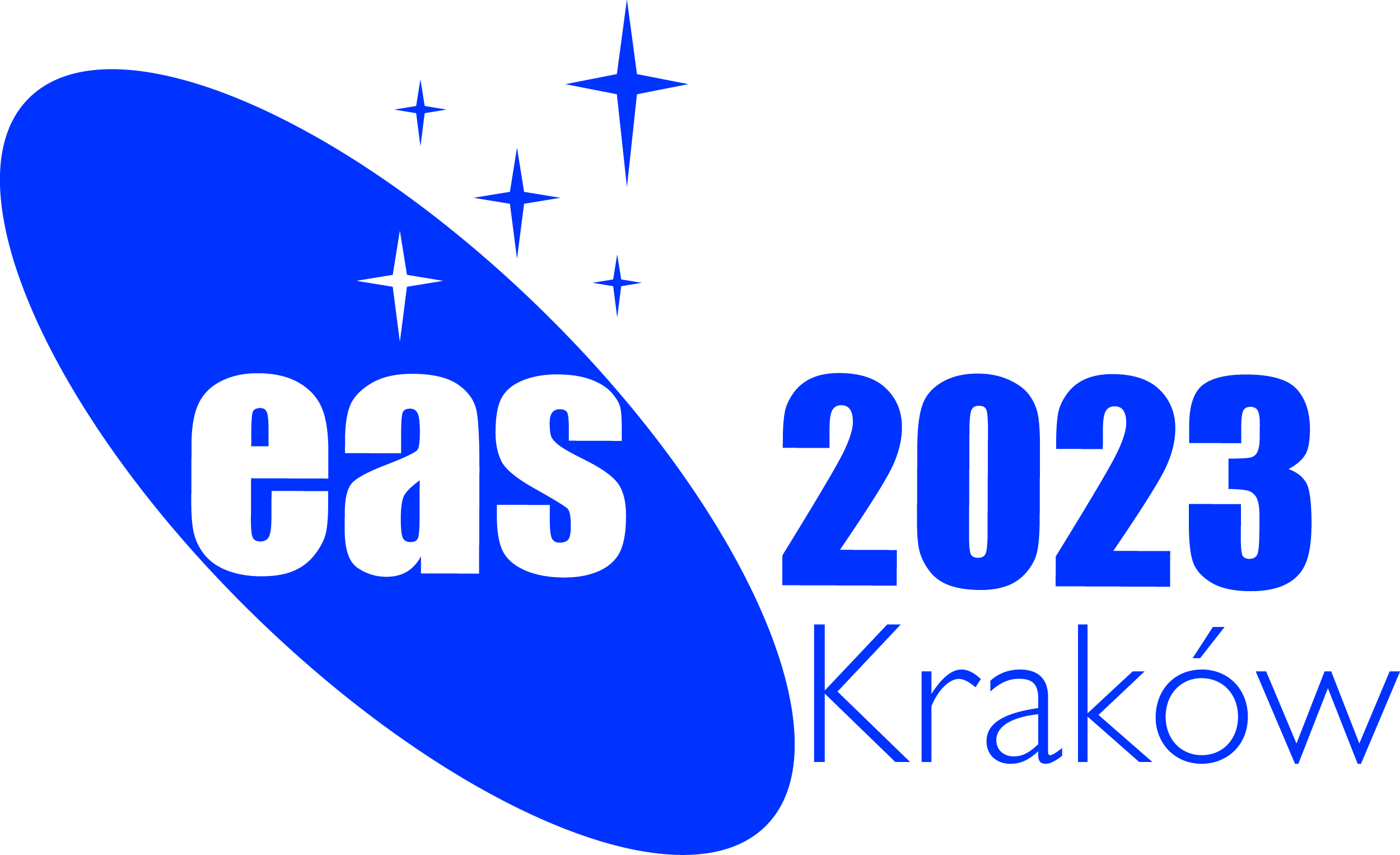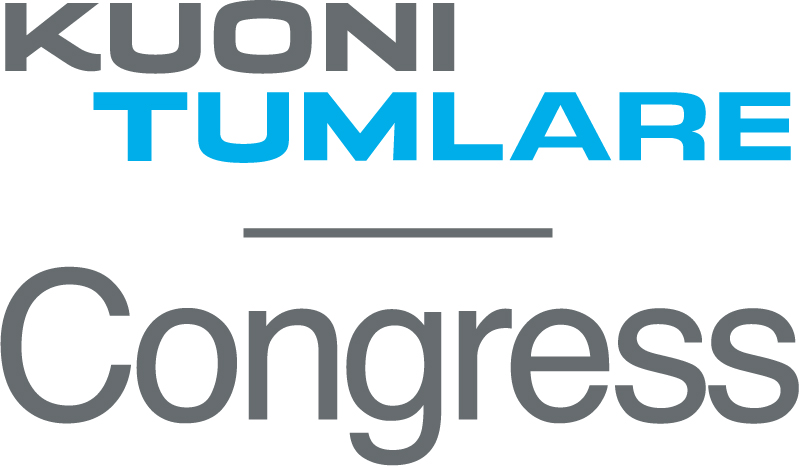Special Session SS6
10 July 2023
Formation of planetary systems: connecting theory and observations
Aims and scope
The new observations of young stars with their surrounding disks and the raising number of known exoplanets bring new constraints on the planet formation process. Thus, in recent years the planet formation theory is undergoing major changes. The goal of this special session is to facilitate discussion between observers and theorists working on planet formation. The session will cover the timeliest topics such as observations and modelling of disk sub-structures, constraints on dust sizes, and planet-disk interactions. This discussion will drive future observational and numerical studies to address the key open questions in our understanding of planet formation.
The session will be organised around three topical blocks:
- Observations of protoplanetary disks: since a decade ago, high-resolution observations of protoplanetary disks have been made with ALMA, VLT-SPHERE, and other telescopes. However, interpretation of these observational data relies heavily on physical and chemical modelling of the disks. Thus, it is necessary to discuss the new observational findings in the context of the state-of-the-art models.
- Models of protoplanetary disks and planet-forming processes: planet formation is a multi-stage process spanning over 40 orders of magnitude in mass. Traditionally, the models are separated into models of early stages of planet formation when micron-sized dust grains grow into centimeter-sized pebbles and late-stage models of planetary embryo growth. This session will cover recent models of each of these stages of planet formation, particularly the efforts of considering both processes together (grain and embryo growth), as well as models of protoplanetary disk structure.
- Models of planetary systems assembly: comparison of the synthetic populations of planetary systems to exoplanet data is the best way of verifying our planet formation theory. In this part, we want to cover the recent developments in these models including planetary growth, migration, and multi-planet interactions. Furthermore, we want to identify the areas of the synthesis models which need major progress in the next years.
Programme
The Session is scheduled for Monday, July 10th, 2023.
The Session will be divided into three blocks, each of them covering one of the main topics:
- Observations of protoplanetary disks
- Models of protoplanetary disks and planet-forming processes
- Models of planetary systems assembly
Invited speakers
- Sebastiaan Krijt (University of Exeter, United Kingdom)
- Michael Küffmeier (Max-Planck-Institute for Extraterrestrial Physics, Germany)
- Antoine Petit (Observatoire de la Côte d`Azur, France)
- Kamber Schwarz (Max-Planck-Institut für Astronomie, Germany)
- Nienke van der Marel (Leiden University, The Netherlands)
- Julia Venturini (Observatoire Astronomique de l`Université de Genève, Switzerland)
Scientific organisers
- Joanna Drążkowska (MPS Göttingen, Germany, chair)
- Anna Miotello (ESO Garching, Germany, co-chair)
- Ewa Szuszkiewicz (University of Szczecin, Poland, co-chair)
- Michiel Lambrechts (Lund Observatory, Sweden and University of Copenhagen, Denmark, co-chair)
- Paola Pinilla (University College London, United Kingdom)
Contact
Please contact Dr. Joanna Drążkowska (drazkowska @ mps.mpg.de) for any questions about this Special Session.
Updated on Tue Feb 21 20:08:37 CET 2023
|

 A power cut will shut down all EAS services on Tuesday, 10 January 2017 starting at 7:30 CET.
A power cut will shut down all EAS services on Tuesday, 10 January 2017 starting at 7:30 CET.


